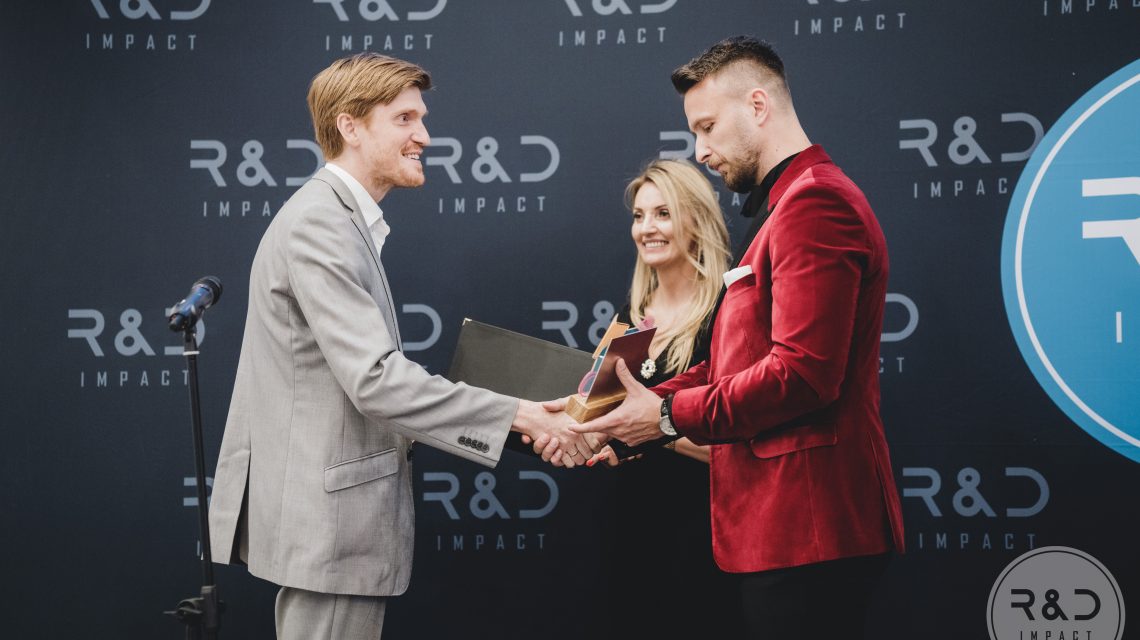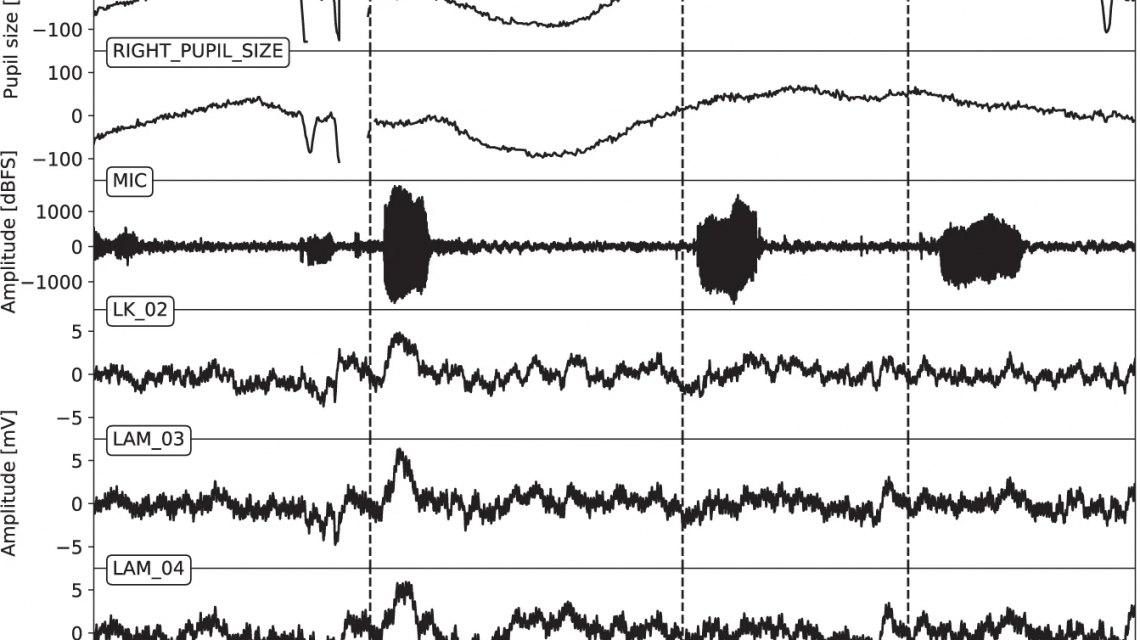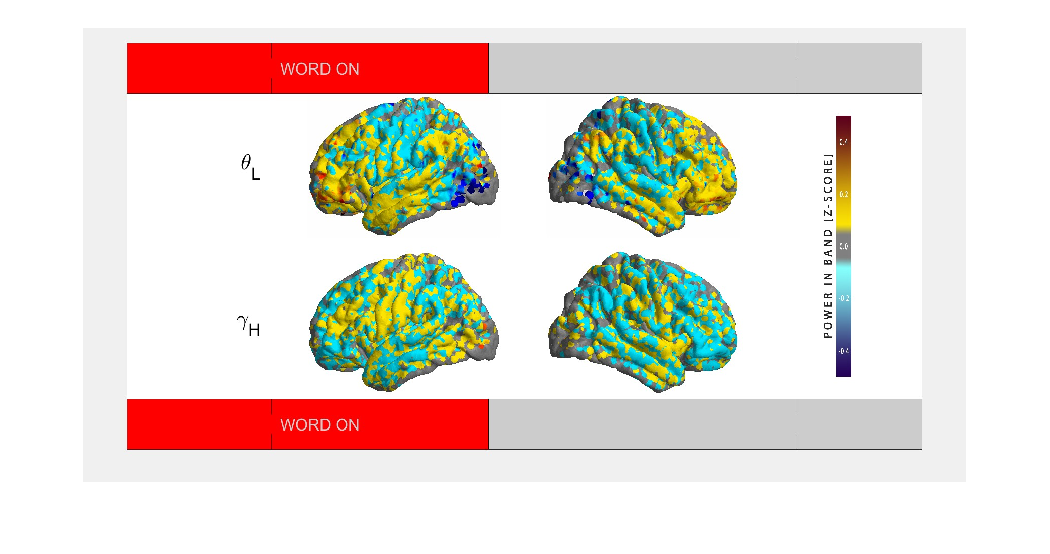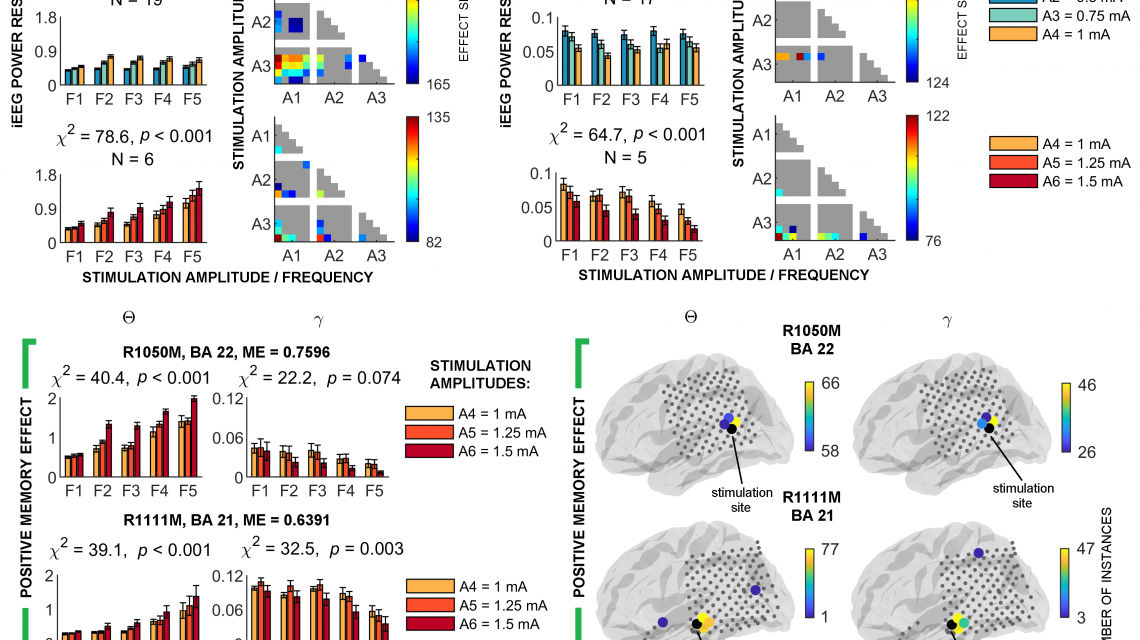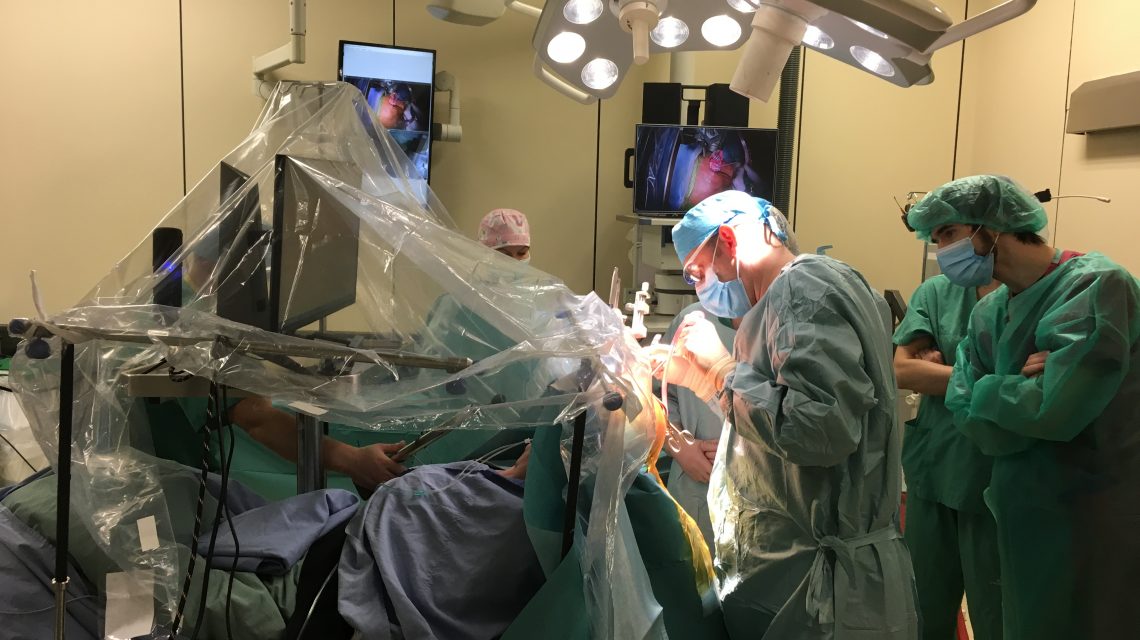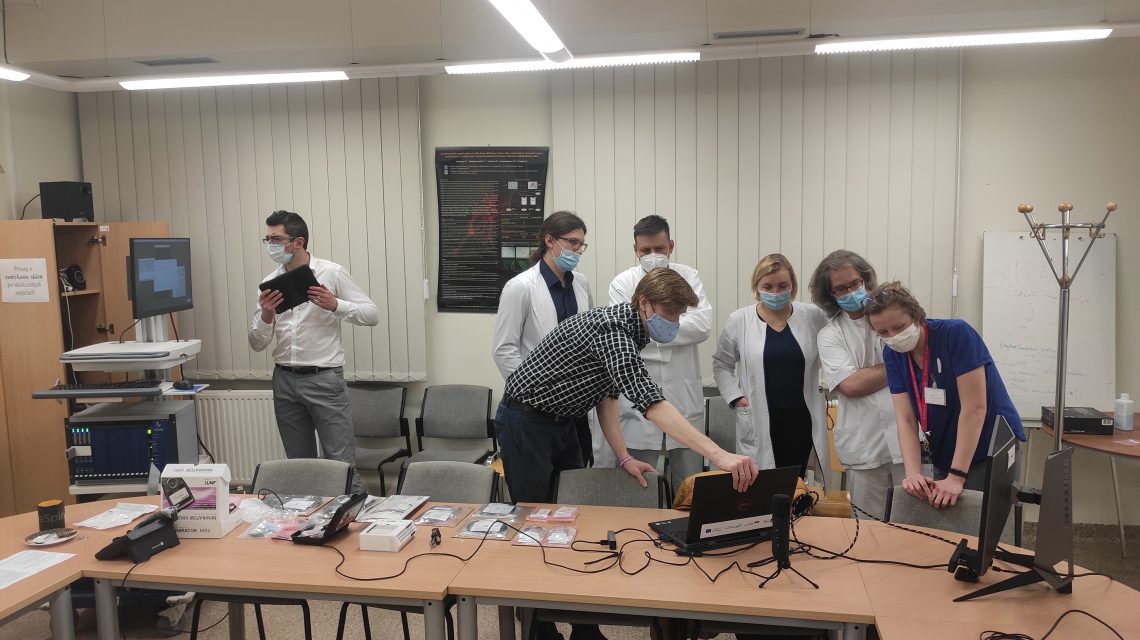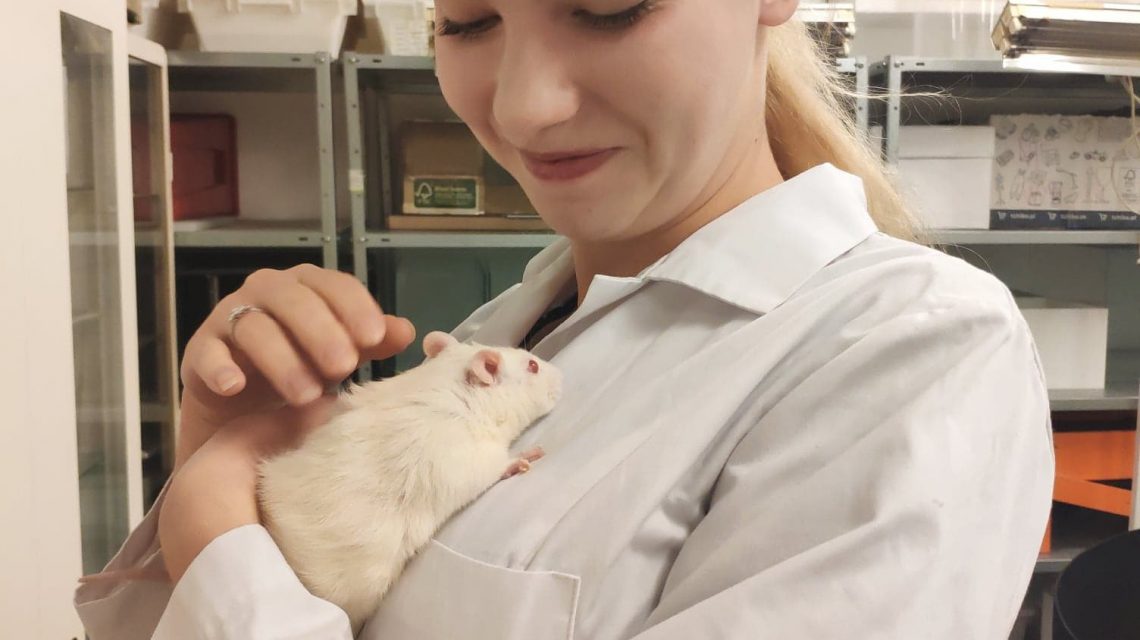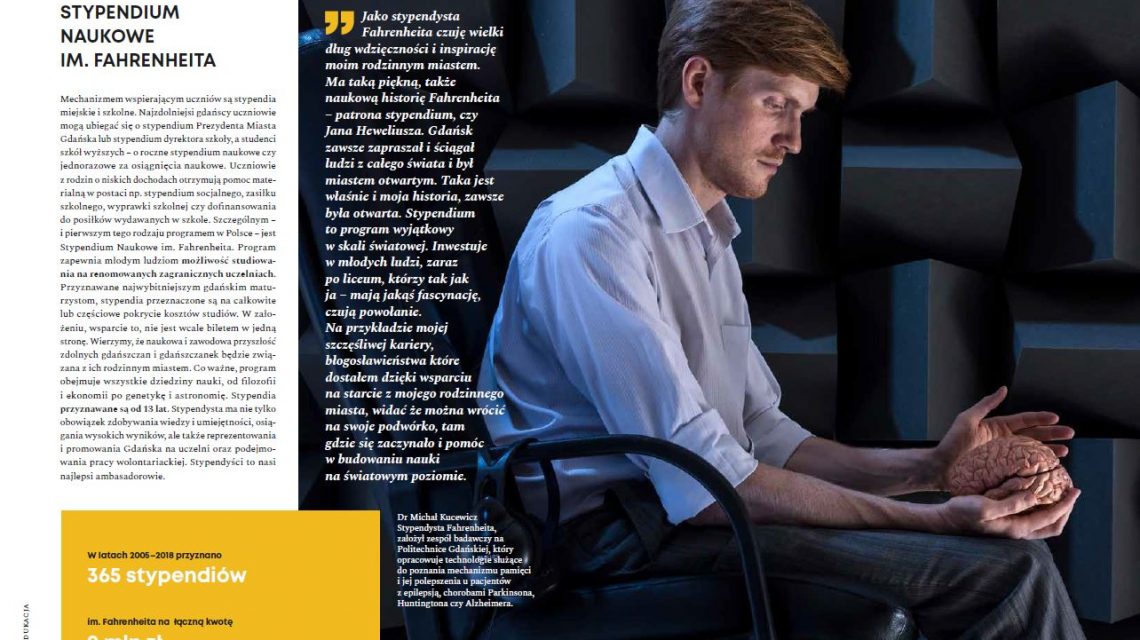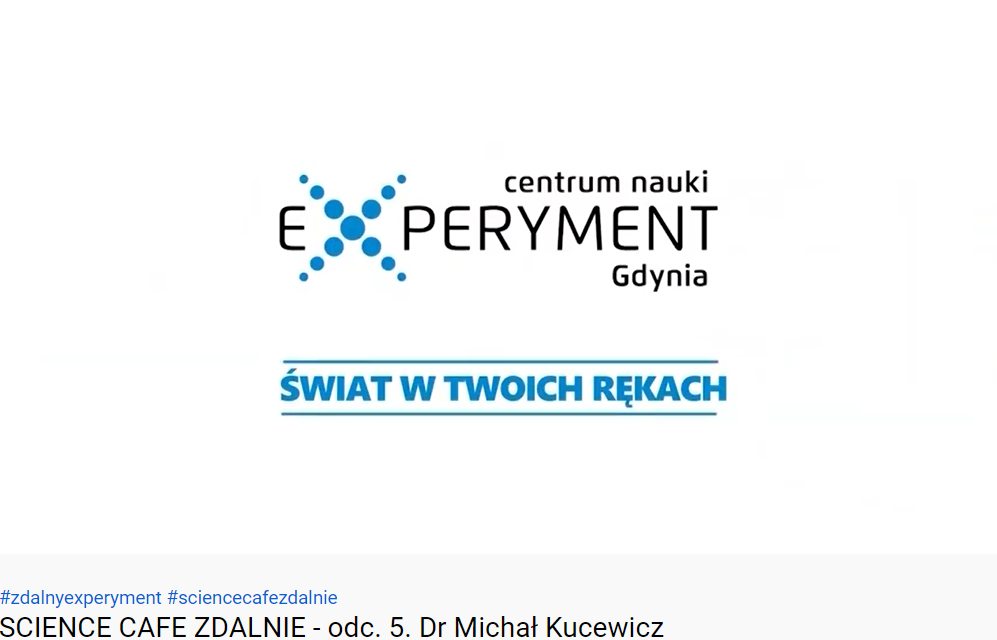Meet our new BME lab scientists!
We are delighted to introduce our new neuroscientists, who are joining the BME lab in Gdansk for doctoral studies and postdoc positions in the Opus LAP and Weave-UNISONO international collaborative projects between the Gdansk Tech, Medical University in Wroclaw, St. Anne’s University Hospital in Brno and Mayo Clinic in the USA. These exciting projects start in two weeks and aim to identify and modulate the brain wave activities of specific memories in human patients…
Continue reading

